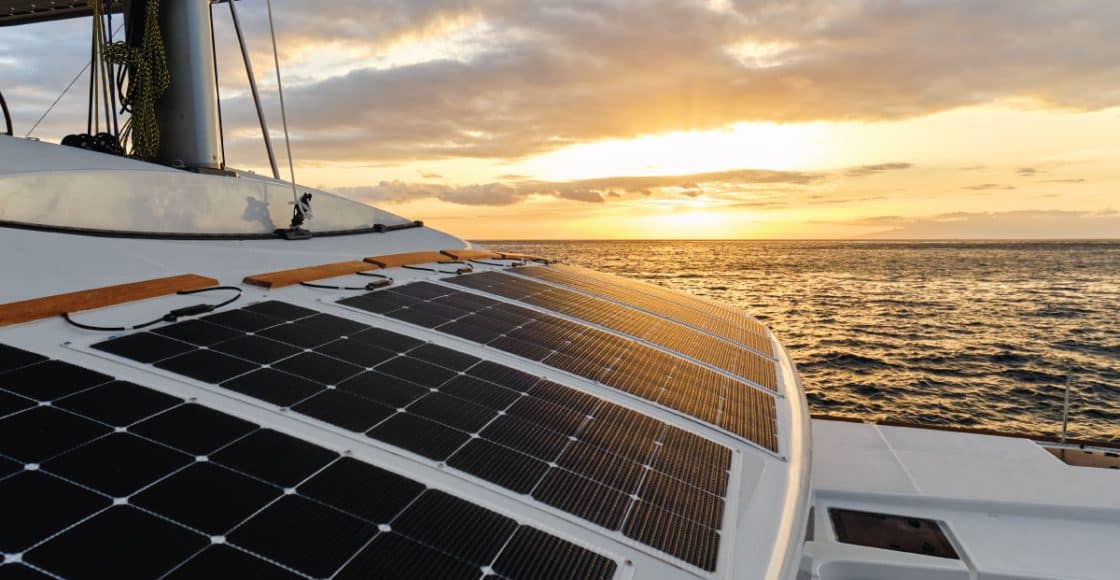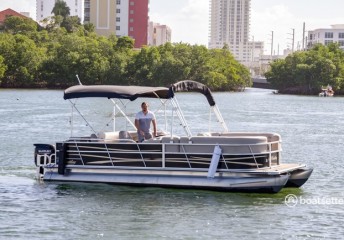5 Ways to Make Your Yacht More Sustainable
Last Updated on June 26, 2023 by Boatsetter Team
Sustainability is much more than a buzzword. It’s a commitment to being more environmentally minded, upheld by individuals, corporations, and even governments. Simultaneously, it’s a commitment to being a better steward of the community.
In fact, from using recycled materials to creating jobs to lift people out of poverty, the yachting industry is doing its part to uphold sustainability. The movement may still be in its infancy, but many baby steps have already been taken.
If you’ve wondered whether your yacht can be eco-friendly, the answer is yes. Here are five ways to sustainable yachting!
List. Rent. Earn— Only at Boatsetter
1. Employing electric or hybrid propulsion
There’s no question that emissions from gasoline and diesel engines are harmful to the environment. This is why all-electric engines and hybrid propulsion are growing sustainable yachting alternatives.
They’re aboard a number of boats and yachts, including superyachts. The batteries significantly reduce emissions, plus noise pollution from generators (noise doesn’t just impact us humans. It’s disorienting and harmful for marine life, too).
Among superyachts, shipyards and engine companies are investing in hydrogen fuel cells for even cleaner operations. The only “emissions” are water and air.
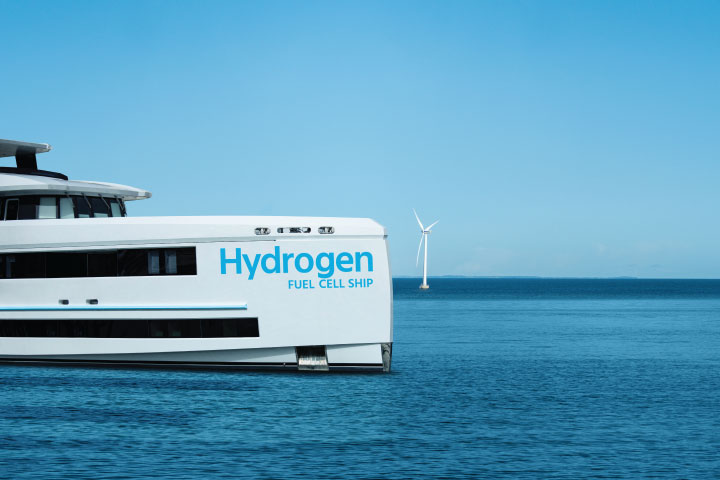
2. Using solar panels
Some yacht builders incorporate solar panels onto their craft to harness the sun’s power for air conditioning, electricity, and more onboard. Similarly, boatbuilders install solar panels on their shipyard buildings’ roofs, taking sustainable yachting even further.
3. Using sustainably certified and/or reclaimed woods
Whether it’s for teak decking or interior woodwork, builders and designers increasingly turn to sustainably certified forests. Certification comes from prominent non-governmental organizations that set standards for cutting down trees, for instance.
The same groups set standards for replanting trees and working conditions. Reclaimed woods, meanwhile, tend to be more in the realm of custom and semi-custom yachts upon customer request. Nevertheless, they’re available.
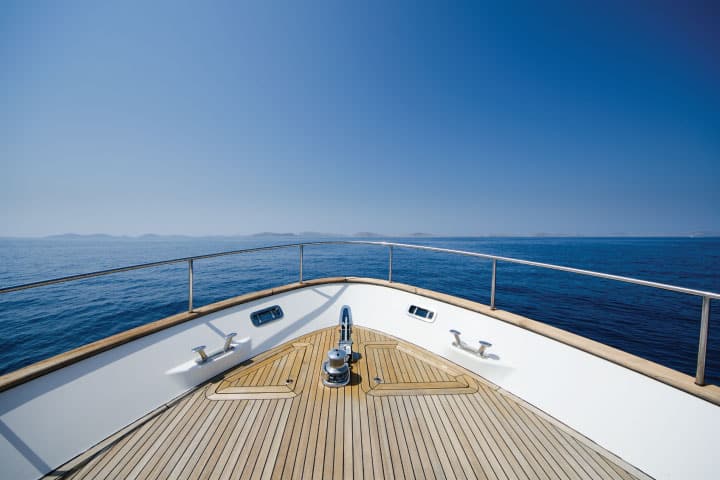
4. Researching alternatives to fiberglass
Aluminum and steel are much easier to recycle than fiberglass. Additionally, even with air scrubbers and other modern boat-building techniques, fiberglass still emits toxins into the air during the construction process.
Researchers, therefore, are exploring ways to make yacht hulls and superstructures more eco-friendly. For example, basalt fiber—from the basalt rock of volcanic lava flows—promises lightweight properties and durability.
It’s already in use in other industries. Currently, a yacht builder, a yacht-classification society, and a yachting trade group are testing it, in a collective initiative.
5. Using eco-friendly décor materials
Bamboo, vegan leather from fruit and vegetable skins (yes, food!), and similarly sustainable materials are making inroads into staterooms and salons. It’s a slow process, admittedly, but the more boaters and the industry self-educate, the more common it will be.
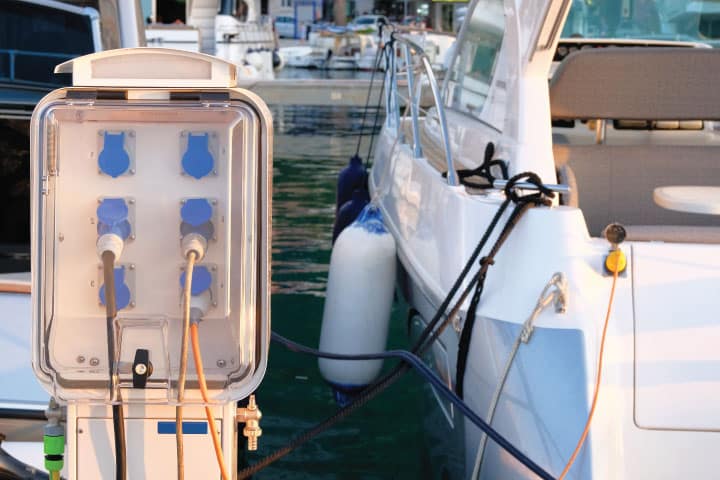
About us
Boatsetter is a unique boat-sharing platform that gives everyone— whether you own a boat or you’re just renting — the chance to experience life on the water. You can list a boat, book a boat, or make money as a captain.
List. Rent. Earn— Only at Boatsetter

A journalist with more than 30 years’ experience, Diane M. Byrne is the owner
of MegayachtNews.com, a daily website educating American superyacht owners, buyers, and
their circles of influence about the leading builders, designers, cruising destinations, and more.
She founded the website in 2007 as the first, and still the only, American-focused online media
outlet exclusively covering this market. It features all-original content, for real stories of real
interest.
Diane is additionally one of the most-sought-after journalists for expert editorial coverage and
commentary about not only superyachts, but also general boating and yachting. Her byline
appears in Boatsetter.com, DiscoverBoating.com, and the magazines Luxury Guide, Ocean,
Yachting, and Yachts International.
Additionally, Diane is the Chair of the U.S. Superyacht Association, having been on the Board of
Directors since 2015. Outside of yachting, she’s a trustee of Sempre Avanti, a non-profit
resource supporting Italian and Italian-American individuals, businesses, and organizations in the
United States and Italy.
